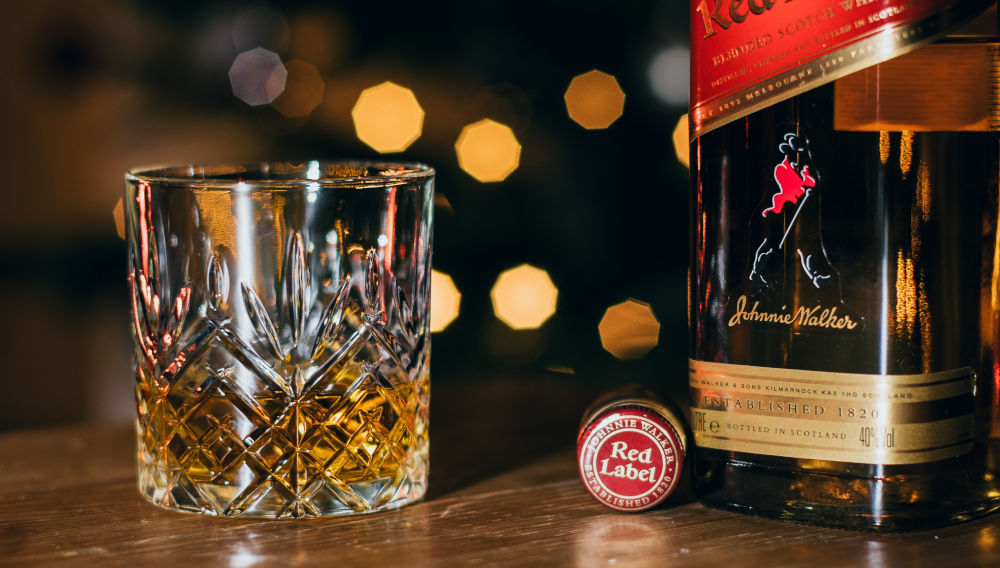Diageo’s Black Friday: shares drop after profit warning
United Kingdom | Drinks group Diageo warned that growth in operating profits will slow in the six months to the end of December, as cash-strapped customers in Latin America and the Caribbean are drinking less and trading down. Immediately, its shares dropped 16 percent, wiping some GBP 15 billion (USD 19 billion) from its market capitalisation.
In an unscheduled trading update on 10 November, Diageo said it expected sales in this region to fall 20 percent in the group’s first half (until end of December 2023), squeezing profits.
As a result, Diageo predicts “organic operating profit growth for the first half of fiscal 2024 to decline, compared to the first half of fiscal 2023”. The share price drop left Diageo the biggest faller on the FTSE 100 index. Investors fear that the trend in the region might spread to other markets.
Scotch brands out of favour with younger tipplers
Diageo’s largest markets in the region are Brazil and Mexico, followed by Central American and Caribbean countries. In total, the region accounts for roughly 11 percent of group sales, the majority of which are brands like Johnnie Walker Black Label, Johnnie Walker Red Label and Old Parr.
Although both the Brazilian and Mexican economies are showing better than expected growth, anecdotal evidence suggests that whisky is going out of fashion for those who can afford it, as younger drinkers seem to favour top-end vodka or craft gin, The Financial Times commented.
Investors feel hoodwinked
Investors and analysts were taken aback by Diageo’s update. The gloomier outlook comes less than three months after the drinks group had told them that operating profit growth would accelerate in the first half of its current financial year.
In an effort to assuage fears, Diageo’s CEO, Debra Crew, who started in the role in June, indicated that the slowdown was only temporary, and that the group expected an improvement in sales and profit growth in its second half (January to June 2024).
The party is over
The Financial Times pointed out that drinks groups thrived during the pandemic lockdowns, when consumers bought premium spirits to make their own cocktails at home. “The party continued when countries reopened, but slowing sales at major drinks groups, particularly in North America, indicate that the boom is over.”
Rival firms, including Pernod Ricard, Campari and LVMH’s wine and spirits division, reported declining sales in the past quarter “as consumers pushed back against price rises by trading down to cheaper brands or drinking less,” the newspaper added.
Looks like drinks groups need to brace themselves for a widespread decline in the consumption of premium spirits, caused by macroeconomic pressures around the world with an unknown end date.
Keywords
United Kingdom consumption international beverage market company news profits
Authors
Ina Verstl
Source
BRAUWELT International 2023

